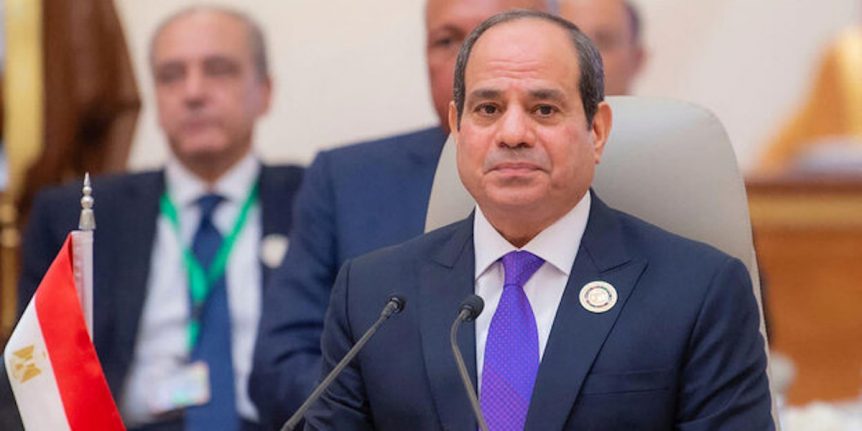Leslie Piquemal
Senior EU Advocacy Representative of the Cairo Institute for Human Rights Studies in Brussel.In Egypt, critical speech or peaceful opposition is effectively criminalized. Protests against widespread corruption and mismanagement are quelled: after the 2019 demonstrations, over 4,300 were detained or forcibly disappeared. Despite the government’s claims, political prisoners run into the tens of thousands, including Egyptian-British human rights defender Alaa Abdelfattah.
Egyptian authorities bulldoze historic neighborhoods, cut down the last trees across Cairo, and are evicting the iconic Nile houseboats within their plans to modernize — and monetize — the country. These plans mainly benefit the military through contracts for the construction of high-rises, roads or bridges.
Notwithstanding its blatant violations of human rights, including environmental rights, Egypt will host the COP27 in November, which is a challenge to the German government’s commitment to a human rights-based foreign and climate policy. Now Egyptian President al-Sisi is coming to Berlin, where he will co-chair the Petersberg Climate Dialogues from July 18-19.
This is crucial not only for human rights in Egypt, but also to ensure a productive COP: there can be no climate justice without civic space. If nothing is done, soon there may be no independent civil society left in Egypt at all. A letter from prominent Egyptian and international human rights organizations highlighted their expectation the German government to urge al-Sisi to open up civic space in Egypt and release all those arbitrarily detained.
The rights to freedom of assembly, association, and expression must be upheld at COP27 for all, including Egyptian civil society and media. Egypt is heavily indebted and dependent on international support – now up to the German government to exert its leverage, using the opportunity of the Petersberg Climate Dialogues.
Source: TAZ
Share this Post

